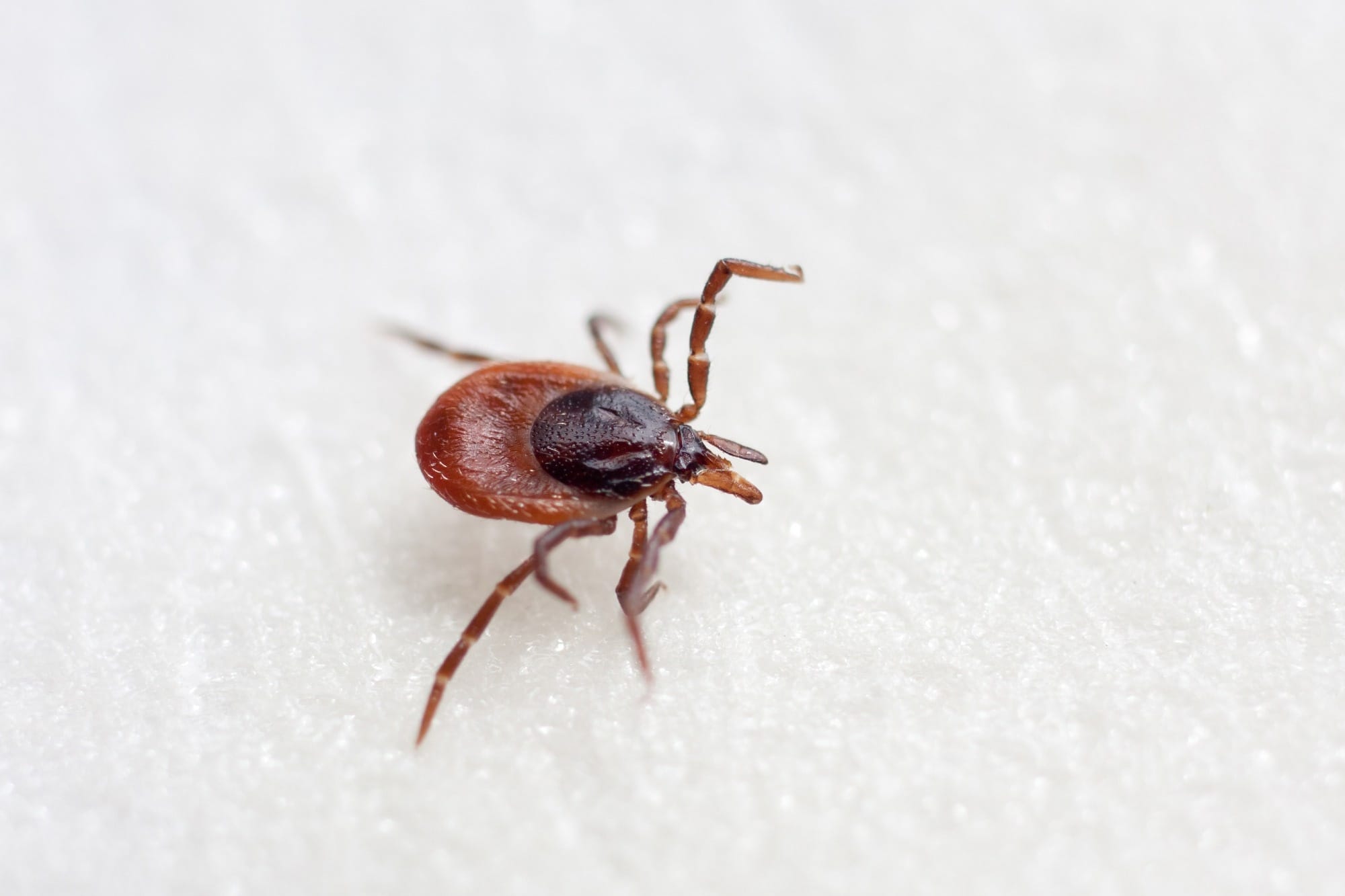In a cautionary announcement, health officials are alerting consumers about a potential E. coli contamination in ground beef products sold at Whole Foods. This advisory underscores the importance of food safety and the need for consumers to stay informed about the products they purchase. As cases of E. coli infections can lead to severe health complications, the warning serves as a preventive measure aimed at protecting public health.
E. coli, or Escherichia coli, is a bacterium commonly found in the intestines of humans and animals. While most strains are harmless, some can cause serious illness. The presence of such harmful bacteria in ground beef can occur during improper handling, processing, or storage. These bacteria can lead to gastrointestinal illness, which may manifest as severe abdominal cramps, diarrhea, and in some cases, vomiting. The severity of these symptoms can vary widely from person to person, notably impacting young children and those with weakened immune systems.
The alert regarding Whole Foods ground beef was announced following reports of several potential cases in the local area. Health inspections and testing are ongoing to confirm the safety of the products in question. Officials are urging anyone who has purchased ground beef from Whole Foods in recent weeks to check the packaging, specifically looking for any information related to recalls or contamination. If consumers suspect that they have purchased affected products, they are strongly encouraged to discard them immediately.
Whole Foods has placed a high priority on food safety practices. According to company representatives, they are working closely with health officials to address the issue and ensure that necessary actions are taken to protect consumers. The store is cooperating fully with investigations and has stated that they are committed to providing safe and high-quality products to their customers.
Consumers are advised to take precautions when handling any ground beef, irrespective of the source. Proper cooking is essential, with ground beef needing to reach an internal temperature of at least 160 degrees Fahrenheit to eliminate harmful bacteria effectively. Additionally, maintaining cleanliness in the kitchen by washing hands, cooking utensils, and surfaces can help prevent cross-contamination.
The warning serves as a reminder of the importance of remaining vigilant about food safety, as even highly reputable establishments such as Whole Foods can experience contamination incidents. This situation highlights the complexities of the food supply chain and the various stages where mishandling can lead to health risks.
The Centers for Disease Control and Prevention (CDC) represents one of the leading authorities on E. coli infections. They reiterate that while many people recover without severe complications, the risks associated with certain strains can result in more serious outcomes, including kidney failure. As such, the public is advised to stay informed through reputable channels and follow guidance provided by health authorities.
In light of the recent warning, health officials continue to monitor the situation closely. They are investigating the source of the contamination and have issued reminders about the critical importance of food safety inspections, not just at the retail level but throughout the entire supply chain, from farm to table.
In summary, the potential E. coli contamination of ground beef at Whole Foods has prompted significant actions by health officials and the grocer alike, as everyone involved works to rectify the situation. The health and safety of consumers are paramount, and public advisories play a crucial role in preventing illness. Consumers are encouraged to stay attentive to their purchases and adhere to food safety guidelines to mitigate risks associated with foodborne illnesses.



